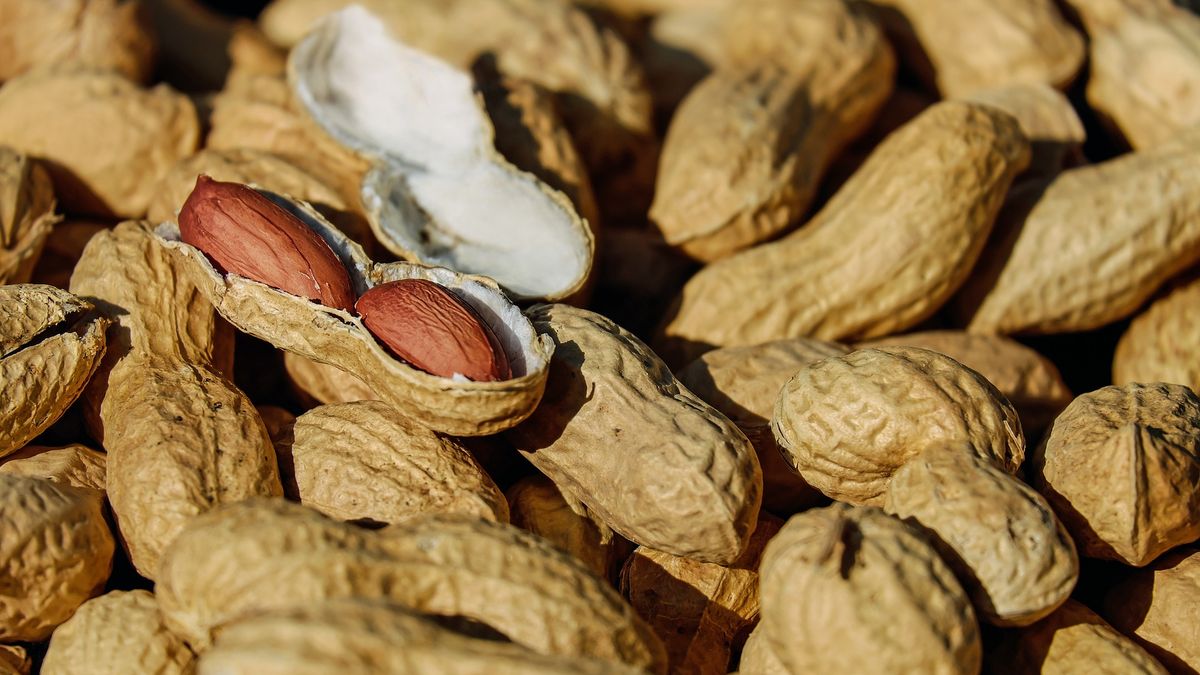The distribution was assigned to Aceitera General Deheza, Arg De Graaf, Argen Peanuts, Bro, Cooperativa Agrícola Ganadera de Arroyo Cabral, Cotagro Cooperativa Agropecuaria, Gastaldi Hermanos, Golden Peanut And Tree Nuts, Grupo Cavigliasso, Grupo Ckoos, Insa Comercio Exterior, JL, Lorenzati Ruetsch, Manisel, Manisur, Nutpro, Nutrin, Olega, Pro De Man and Agricultural Services.
There was also a case, in Verk Food Trade, in which the presentation was rejected because it made its registration on November 30, 2021, that is, 30 days after the end of the legal term. In addition, the oil companies General Deheza and Niza were given the treatment of an economic group and the export of their share was authorized jointly or indistinctly.
The resolution also established that the remaining balance of 34,901 tons will be integrated into the Free Availability Fund, which also includes the tons that the beneficiaries voluntarily give up, within the term determined by the competent authority. The successful bidders may request from the aforementioned fund up to a maximum of 450 tons per day, until the quota granted by the United States is exhausted.
The various projections of agricultural analysts anticipate that this year the field will contribute a record amount of foreign currency as a result of the escalation experienced by grain prices after the war between Russia and Ukraine. While the Rosario Stock Exchange forecasts some US$38.6 billion, taking into account the main export complexes, the Mediterranean Foundation expands the figure to US$44.5 billion, by also adding shipments from other chains such as peanuts or biodiesel.
The Peanut Industry Boom
In Argentina, approximately 400,000 hectares of peanuts are cultivated each year. It is a figure that grows based on sustainability since, thanks to good agricultural practices, a crop rotation scheme was established that forces certain lots to rest for 4 years and therefore incorporate others. Quality is also guaranteed thanks to good agricultural practices and that leaves us well positioned for export.
Of the total produced, more than 70% is sold to the world and the rest goes to the domestic market, which is why several companies began to develop products for domestic consumption. They have improved packaging and even seek to generate new habits, such as for some Argentines to replace the traditional dulce de leche with peanut butter.
Source: Ambito
David William is a talented author who has made a name for himself in the world of writing. He is a professional author who writes on a wide range of topics, from general interest to opinion news. David is currently working as a writer at 24 hours worlds where he brings his unique perspective and in-depth research to his articles, making them both informative and engaging.




